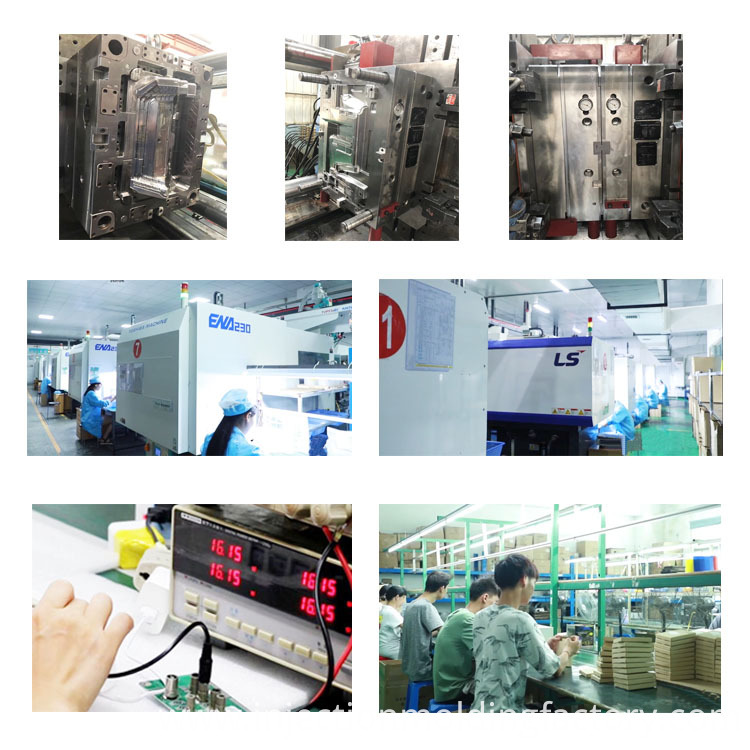In recent years, in the emergence of numerous flotation agents, it has been widely used, such as the KKAC cationic collector produced in Sweden; the N-alkyl methyl glycine collector developed by Finland in cooperation with the Swedish company Berol Kemi; Phosphate ester (alkyl phosphate C 8 -C 20 ); CP-1 full float collector (amphoteric collector) produced by Seco; China developed aromatic hydrocarbon compounds, lignin compounds and humic acid as raw materials Processed S series, L series and F series inhibitors. The most significant should be the latter, because the use of such inhibitors in alkaline pulp, one-time selection of phosphorus minerals from carbonate and silicate type phosphate ore in foam products. While developing new flotation agents, a lot of research has been carried out at home and abroad on the modification and mixing of the original flotation agents. For example, in the Soviet Union, phosphoric acid and some collectors were treated by electrochemical methods, magnetic fields, and electric fields. In China, the flotation of Hubei Huangmailing Phosphate ore by ultrasonic emulsification collectors was used to obtain good indicators and reduce the temperature of flotation pulp. Mixing collectors is more common in countries.
The flotation process of refractory phosphate ore, especially the flotation process of phosphate rock ore containing carbonate (mainly dolomite) and silicate gangue minerals, is the subject of current research and development, thus The corresponding flotation process. The more representative processes are: the US Bureau of Mines uses fluorosilicic acid or its salts, China's sulfuric acid, phosphoric acid, Smani aluminum sulfate and potassium tartrate, sodium salt as the "reverse flotation" of phosphorus mineral inhibitors. "Process; the "anti-positive flotation" process using phosphoric acid as a phosphorus mineral inhibitor in the Karabate concentrator in the US; the "positive-reverse" or "anti-positive flotation" process in France using phosphate as a collector; China's "positive flotation process" using S-BOS as an inhibitor; and sulfonated fatty acid proposed by American TVA with diphosphoric acid (hydroxyethylidene diphosphate) and International Minerals and Chemicals (IMC) The corresponding flotation process of phosphoric acid and the like, the results are all satisfactory.
Another important development direction in phosphate ore beneficiation is chemical beneficiation. It is sometimes used alone. For example, in the United States, Florida carbonate-type phosphate rock was treated by bubbling (blowing) slurry with sulfuric acid gas; the Soviet Union has already tested the carcass phosphate ore earlier. Sometimes used in combination with flotation, such as the Soviet Union flotation - Chemistry - joint flotation method for sorting gold Jixie Pu phosphate; United States flotation - thermochemical (calcined) chemical or thermal - Flotation Combined Treatment its western Phosphate ore; China has also used the flotation-chemical combination method to treat the Shimen Phosphate ore, or the thermochemical-flotation combined method to treat the Wangji 1st layer mine and the Fufuchuan Cave section, the a layer of mine, before the former flotation It is first carbonized with CO 2 gas and then floated, and the latter is reversely floated with an amine salt after carbonization. Sometimes combined with fertilizer, such as the Soviet Union used a flotation-chemical combination method to treat a low-grade phosphate rock, in addition to the phosphorus concentrate, also obtained magnesium ammonium phosphate (Maф) fertilizer.
Comprehensive utilization of associated minerals or elements in phosphate ore is another important development direction in the selection of phosphate rock. Such as Fen Lanxi Lin Jiawei concentrator, while the production of apatite concentrate, recycling calcite products; Bahia library shelter Langa concentrator, magnetic iron ore selected from apatite flotation tailings carved; South Africa Parra In addition to the production of rock phosphate concentrate Bora, but also production baddeleyite, magnetite and copper concentrate; Soviet Hibbing while achieving phosphate concentrate concentrator concentrates and nepheline; phosphorus-containing iron ore from Sweden and Norway Iron concentrates and by-product apatite concentrates were obtained; China's Luojing, Jixi and Yufuyingping sections were also obtained as by-product magnetite, graphite and iodine, respectively .
In short, the phosphate ore beneficiation process will be further developed with the advancement of science and technology.
Disinfection machine is a kind of machine that uses mechanical principles to produce physical or chemical disinfection elements to act on toxic substances to achieve the purpose of disinfection. It is widely used in medical and daily life fields. Its basic function: can kill and remove pet odor, smoke, sweat, odor, fiber, plankton mold, virus, plankton bacteria, mites, pollen, dust, dander, toluene, xylene, total volatility Organic matter (TVOC), benzene, formaldehyde, carbon monoxide, carbon dioxide and nitrogen oxides in automobile exhaust, etc.

Disinfection Device,Touchless Soap Dispenser,Soap Dispenser Pump,Sanitizer Gun Machine,Electrostatic Sanitizing Gun
Sung Precision Mould & Plastic Co., Ltd. , https://www.dginjectionmolding.com